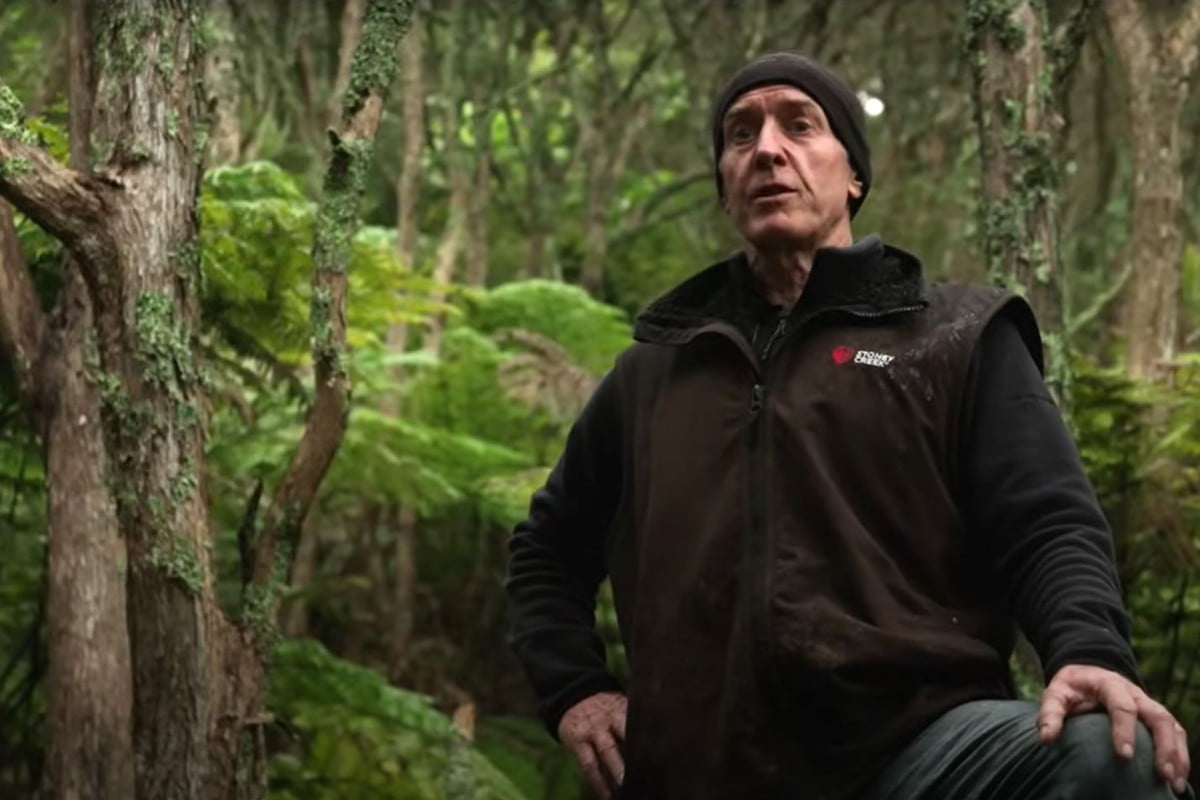Research Spurs New Silvopasture Business
The company Verdantia Research was founded in 2023, commercialising research that was tested in a project funded by Our Land and Water
The company Verdantia Research was founded in 2023, commercialising research that was tested in a project funded by Our Land and Water. Verdantia Research is developing native silvopastoral farm systems for land managers in New Zealand. Silvopastoral systems plant trees at wide spacings within fields on sheep and beef farms, with livestock grazing beneath.
The company was co-founded by Dr Tom Mackay-Smith and Dr Raphael Spiekermann after researching the productive and environmental benefits of native silvopastures while working at Massey University and Manaaki Whenua Landcare Research, respectively. Their research found native silvopastoral systems provide benefits such as reducing soil erosion and adding resilience to the impacts of climate change, which align with Our Land and Water’s mission to improve water quality while maintaining production and profitability. They also found positive biodiversity outcomes.
“The company is the accumulation of 10 years of work, but the Our Land and Water study was an important part of the chain,” says Dr Mackay-Smith.
Since forming the company, Verdantia Research has developed a tree guard so farmers can cost-effectively plant natives in the presence of livestock. They sold a beta version of the guard for $26.50+GST in the 2024 planting seaso, and will further improve the guard following customer feedback. Verdantia Research also provided Aotearoa’s first native silvopasture planting package in winter 2024 using this guard.
The tree guard and planting package were well received by farmers and Verdantia Research is planting on 13 farms in winter 2024. The company has planned an advertising campaign for September 2024 and expects to expand to significantly more farms for the winter 2025 planting season.
The company also continues to research the productive and environmental benefits of silvopastoral systems, such as comparing the root distribution and tensile strength of space-planted native trees with poplars for an Auckland Council project to produce an ideal farm silvopasture design for reducing soil erosion in the Auckland region.
Verdantia Research is planting on 13 farms in winter 2024. The company has planned an advertising campaign for September 2024 and expects to expand to significantly more farms for the winter 2025 planting season.
Silvopastoral farm systems are common overseas, but New Zealand adoption has generally been limited to poplars and willows, planted in erosion-prone gullies and on farms in parts of the North Island for soil conservation and slope stabilisation. The Our Land and Water-funded research project, Silvopastoral Systems, led by Dr Spiekermann, investigated how silvopastoral systems could benefit pasture-based farm systems more widely.
A systematic review of global silvopastoral processes was conducted, then a stakeholder-driven synthesis of key opportunities and challenges for future silvopastoral systems in New Zealand was created. Project collaborators included Federated Farmers, Greater Wellington Regional Council, Massey University and Wairarapa Pūkaha to Kawakawa Alliance.
An Our Land and Water-funded workshop with farmers demonstrated a strong appetite for silvopastoral systems and highlighted barriers to entry, including the cost of planting trees in the presence of livestock and pest control. These results were instrumental in the decision by Drs Mackay-Smith and Spiekermann to start Verdantia Research to develop a more cost-effective and efficient way of planting natives in paddocks. The journal article produced by the OLW project provided a framework that informs Verdantia Research’s current approach.
The project’s key finding was the identification of five key principles to be considered in future system designs: (1) silvopastoral systems are complex and require holistic management; (2) the views, values and experiences of local people are deeply connected to silvopastoral system design; (3) spatial heterogeneity in environmental and social conditions requires locally specific decisions; (4) understanding of ecological processes must underpin all management decisions; and (5) the complexity and spatial heterogeneity present in silvopastoral systems requires high-resolution data and tools.
Our Land and Water granted additional impact-extension funding for Verdantia Research to create a video series explaining silvopastoral research and a promotional video, which together had 375 views in one month, to spread knowledge of the company and native silvopastoral systems.
Our Land and Water funding requires collaboration and engagement with stakeholders as part of all research. This engagement requirement was instrumental in designing the initial project collaboration and the workshops that gave the company co-founders the confidence to commercialise their approach. Flexible impact extension funding, available for activities that meet known stakeholder needs, was also a unique opportunity presented by Our Land and Water that extended the reach of the research and grew stakeholder confidence in the approach.
“We have had a tremendous reception from farmers and extension workers since launching the company,” says Dr Mackay-Smith. “The strong interest generated by our educational videos indicates a growing awareness and appreciation of native silvopastoral systems. As we continue to disseminate our findings and engage with stakeholders, we expect significant demand for our systems in 2025.”
This article was prepared as an impact case study for MBIE as part of Our Land and Water's 2023–24 annual reporting requirement.
Additional information:
Author
 View Our Strategy Document 2019 – 2024
View Our Strategy Document 2019 – 2024




Leave a Reply